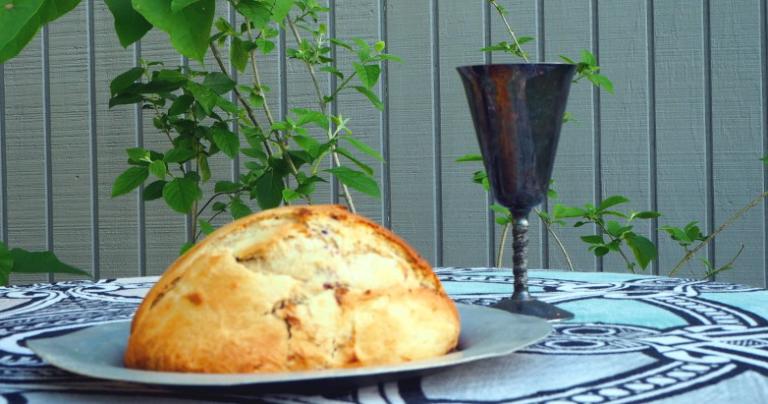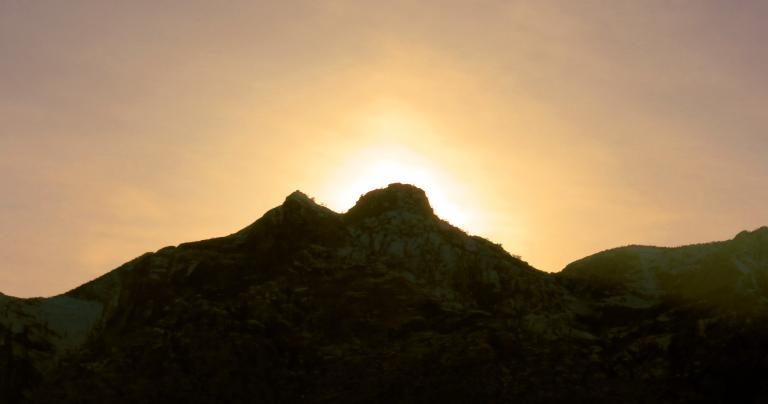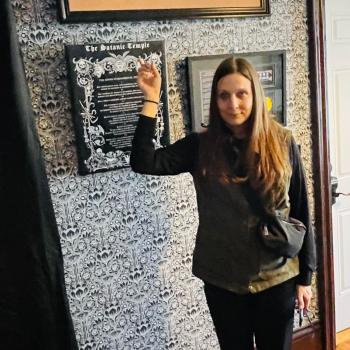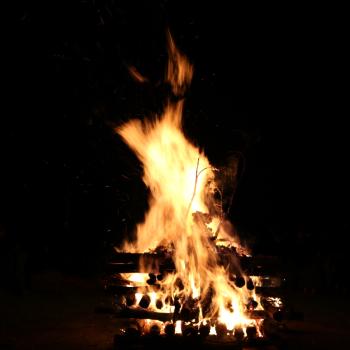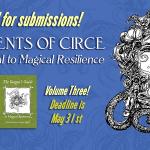After the results of the 2016 US Presidential election became clear, I said that while we can’t make Trump not-President, we can make him irrelevant in our daily lives. I’ve tried to do that over the past year and a half, and I’ve encouraged others to do the same. I’ve been mostly successful, although I realize that’s easier for me than it is for those who are more vulnerable.
Here lately, though, he’s been impossible to ignore. He’s offended our allies, embraced dictators, attacked the media (again), and started a trade war. He’s gutting environmental regulations and legal protections for LGBTQ persons. He made building a border wall the cornerstone of his campaign, but now he’s treating asylum-seekers like criminals and throwing their children into concentration camps, using them as bargaining chips to get funding for the wall. Yesterday’s executive order simply delays the separation, as he will still prosecute asylum-seekers for illegal entry.
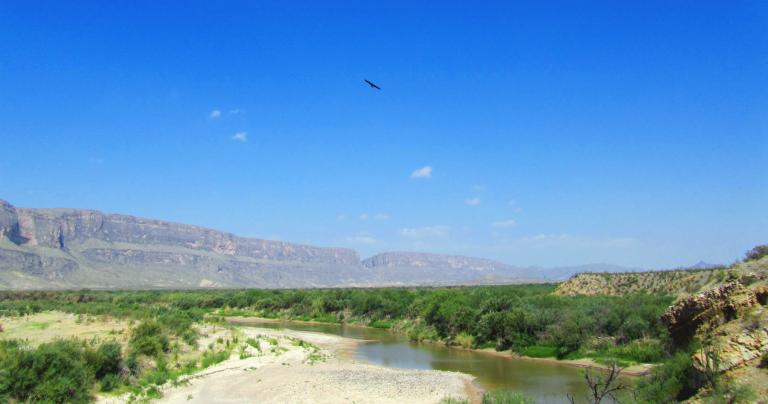
The comparisons with Nazi Germany in the mid-1930s are not entirely accurate, but they’re not completely off-base either. Trump is a bully whose idea of negotiating is to grab the whole pie for himself, then offer a sliver to you if you’ll pledge your loyalty to him. Facts don’t matter – for Trump, truth is what he says it is.
I keep seeing memes that say “if you ever wonder what you would have done if you had lived during a time of great moral crisis (the US abolitionist era, the Civil Rights era, Nazi Germany, etc.) here’s your chance to find out.” And what most of us are discovering is that we’re doing exactly what most people did during those eras. We’re going about our daily business, trying hard not to see the worst of what’s going on, and hoping it doesn’t show up at our doors.
History tells the stories of heroes who did great things, and the stories of villains who did horrible things. We never hear the stories of ordinary people who were neither heroes nor villains, but who did small things that made a unnoticeable but ultimately important difference – for good or for evil.
If you want to be a hero, you don’t need me to tell you what to do. But this is not a binary choice – there are more possibilities than hero or collaborator. If you’re not up to heroic deeds, then do what you can do.
Find your place in the resistance, and find your place in the restoration.
The Resistance
Political power is real. Congress controls taxes and budgets. The Attorney General decides which laws to enforce and how to enforce them. The President controls the military, directs diplomacy, and has broad powers to act unilaterally. Individuals who challenge this power almost always come out on the short end.
In a perfect world, we would elect candidates who support justice and compassion and who would form a government that acts accordingly, even if we don’t always agree with the outcome. But our world is far from perfect and waiting on a savior is a fool’s errand. Until we can overturn injustice, we must resist it.
Donald Trump is such an over-the-top, cartoonish figure that it’s easy to focus entirely on him. But remember that Trump is the symptom, not the cause. If he was removed from office, Mike Pence would be President. Pence would be less of a loose cannon and daily embarrassment, but his policies would be at least as harmful as Trump’s. Keep your focus on laws, policies, and especially on systems, not on individual politicians.
There are many things we can do to resist. Here are three suggestions.
Citizen-craft
Our republic has been perverted by money, gerrymandering, and consultants. But it is still a constitutional republic and we are still citizens. There is an election in November when all Representatives, 1/3 of the Senators, and numerous state and local officials will be running. They need your vote, so they will listen (in total if not individually) if you call.
E-mails are good. Letters are better. Phone calls are better still. In-person visits are best. Show them that you’re a real person (not a bot) expressing your own opinions, not repeating someone else’s talking points. Be knowledgeable, be polite, and be firm. Here’s a good guide from someone whose job it was to field constituent comments on what works and what doesn’t.
Vote. Do I really need to say this? Looking at turn-out statistics, I think I do. Vote. Individually our votes are tiny – together they change the world. Nobody thought Trump had a chance (I certainly didn’t) but people kept voting for him, and now he’s President. Especially vote in local elections. Those elections have more direct impact on most of us than the national elections, and they’re far easier for individuals to influence.
Politics is a game played at many levels. Yes, it’s dirty. Yes, it’s rigged. But it’s still a game, and like any game, the better you can play it the better your outcome will be.
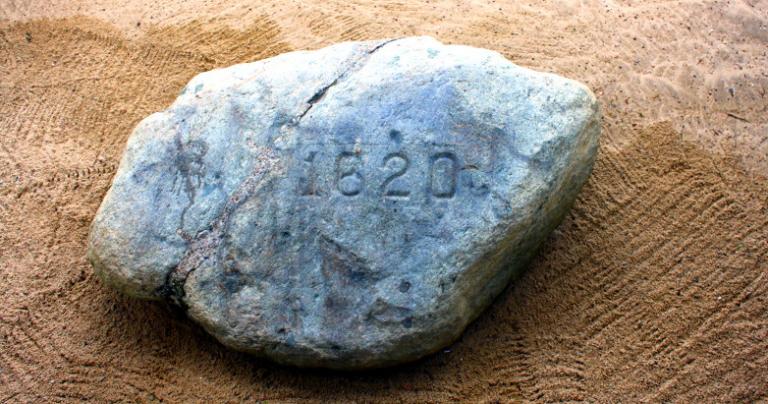
Magic and the arts
When the original Nazis were on the verge of invading Britain in 1940, various witches, Druids, and other magicians came together for Operation Cone of Power, a large-scale magical working to protect their island nation from invasion. Did it work? Certainly the Royal Air Force deserves the bulk of the credit. But great events often turn on the smallest of matters, and we know one thing with certainty: Hitler never attempted an invasion of Britain.
Right after Trump’s inauguration, Michael Hughes began an on-going magical operation to bind him and keep him from doing harm. I advocated for an alternative approach, but that cat is out of the bag and it’s not going back in. David Salisbury is part of another on-going operation to bind Trump and also the NRA. No less than Fortune magazine has taken note. If you have magical skills, use them.
But what if magic isn’t your thing? Then resist with art. Write protest songs and paint pictures of resistance and rebellion. Take photographs, write plays, make movies. Newspapers can fire their editorial cartoonists, but anybody with a smartphone and an internet connection can make art and distribute it around the world. Whatever you have to say, find a way to say it that connects with other people and lets them know you’re on their side.
Direct action
Protest marches alone rarely accomplish anything. Those in power have learned the best way to deal with them is to ignore them. Unless they get too big, in which case they crush them in the name of “protecting property.” But protests can energize participants and inspire others to join the resistance, particularly when they’re part of an on-going effort. Big one-time events look and feel good, but it’s all too easy to go back to business as usual when they’re done.
Those of us with relatively more security can afford to take more risks. When the Border Patrol came on a Greyhound bus to “check documentation” in an area where they were not authorized to do so, Tiana Smalls told her fellow passengers “This is a violation of your Fourth Amendment rights. You don’t have to show them shit!” The Border Patrol agents left without harassing any more passengers.
Ultimately, all systems – whether government or corporate – require cooperation from the public. Where those actions are illegal or unauthorized, we are not required to cooperate. Where those actions are legal, if enough of us refuse to cooperate, the system will break down.
The Restoration
It’s not enough to be against Trump or even against imperialism and nationalism. We need something to be for, a vision of a better world that motivates us to keep moving even when things get hard.
By “restoration” I do not mean the good old days when Barack Obama was an intelligent and dignified President… who killed thousands with drones and air strikes. Nor the good old days when Bill Clinton presided over the greatest economy in history… and signed the Defense of Marriage Act. I campaigned for Hillary Clinton in 2016 and I am now even more convinced that she was the least worst candidate. If Hillary was President we wouldn’t have this problem. But we’d have other problems.
The two major parties are not the same and there is a clear difference in how they govern. Remember that when you vote, and when you decide whether to vote. But do not make the mistake of thinking a Democratic landslide in November (or even a bigger landslide in 2020) will fix all our problems. It will not.
Instead, we need a restoration of virtues: justice, compassion, fairness, and equity. And yes, the great Pagan virtue of hospitality. We can and should debate the best ways to embody and implement these virtues. Let’s try different things and see what works best. What works for me may not work for you, and vice versa. So long as everyone is treated with dignity and respect, find the place in the restoration that works best for you.
As with the resistance, there are many ways to approach the restoration. Here are three.
Personal spiritual practice
This is as much self-care as it is restoration. Meditation, prayer, offerings, devotion, and other regular spiritual practices keep us connected to our values and to our spiritual allies. It recharges us so we can return to the work of resistance, and it inspires us to create something new and better.
I can’t tell you what your restoration should look like. I can tell you with great confidence that regular spiritual practice will help you figure it out for yourself.
Community building
Humans are social animals – we need each other. We need families and close friends who are with us day in and day out. We need neighborhoods, cities, and states to support the common good and to do together what is too big for any of us to do individually. We need religious communities to support our common sacred beliefs and practices.
Build your communities. And when you do, remember to leave the door open for those who share your values and who would join your work… and for those who need your help.
Deeper practice
Some of us find our life’s work in politics, either working within the system or challenging the system. Most of us, though, are the modern equivalent of the citizen-soldiers of ancient Athens. We vote and otherwise stay engaged (a democracy must be exercised or it will fall), but we join the resistance because we must. Our true calling lies elsewhere.
For me, this is my deeper religious practice. It’s my experience of the many Gods, my ancestors of blood and of spirit, and the many other spiritual beings with whom we share our world. It’s forming and maintaining honorable and reciprocal relationships with them. It’s building a Paganism and a polytheism.
For you, this may be art or music. It may be learning. It may simply be that oldest of impulses, building a better world for your children and grandchildren.
Politics is the means, not the ends. Never forget what you’re really fighting for, whatever that may be. I write this post because I must, but I’m going to get back to writing about deeper practice as soon as I can, because my soul requires it… and because it helps restore our virtues and values.
People who aren’t doing what you’re doing are not the enemy
These are difficult and stressful times. They are also passionate times. We see a great injustice, we are compelled to act, and we want – and need – others to act with us. Some oppose us, and so we must oppose them. Some are indifferent or afraid, and so we must persuade them.
And some share our goals but not our methods. You may think their methods are too radical and dangerous. They are not your enemy. You may think their methods are too mild and accommodating. They are not your enemy either.
If all someone can do is call their Congressional Representative and Senators, then be thankful they’re doing that, even if you wish they were more active.
If someone is willing to put their body on the line in the streets, then be thankful they’re doing that, even if you wish they were more diplomatic.
Let people do what they feel called to do, and what they feel capable of doing. If they share your goals but not your methods, treat them as friend and ally, not as an enemy.
If you don’t think we need a resistance…
Last weekend I made two Facebook posts opposing the separation of families at the border. It brought out several Trump supporters who tried to defend his policies.
Most refused to debate the core issue: that whatever you think of immigration laws and the need to enforce them, breaking up families and putting kids in detention centers is cruel and inhuman. They talked about “it’s the parents’ fault” or “we can’t take them all” or “most of those asylum claims are bogus” or “Obama did it too.” Even if all of those things are true (they’re not, but even if they were) they do not justify breaking up families and putting kids in detention centers.
One of my friends called this sealioning. There was an element of that in it, but I saw it less as arguing in bad faith and more as refusing to look at the cruel and inhuman results of the policies they promote. Deep down they know this is evil. They can’t make themselves look at it, because they don’t want to challenge the con man who promises to make them great again.
I’m open to many approaches from many perspectives. But if you aren’t willing to put away the Trumpian propaganda and xenophobic rhetoric and deal with these issues rationally, I’m not willing to waste my time arguing with you.
A very few of the Trump supporters were honest. They saw putting children in detention camps as an acceptable price to deter asylum claims from people they deem undesirable and risky. I respect their honesty, but I find their values worthy of contempt, and I will not waste time arguing with them either. I’m going to resist them.
History will remember us
History remembers that the US-led Allies defeated the Nazis in World War II. History also remembers our internment of American citizens of Japanese descent. History remembers Rosa Parks, and it also remembers Bull Connor. History will remember us, collectively if not individually. What will they remember?
The stories of our ancestors tell of people whose greatest desire was to be a hero. If that’s you, here’s your chance. Go do heroic things.
But if you’re not called to be a hero, that’s OK. We also need ordinary people who do small things that make a small but important difference.
Do what you can do. Find your place in the resistance, and find your place in the restoration.


